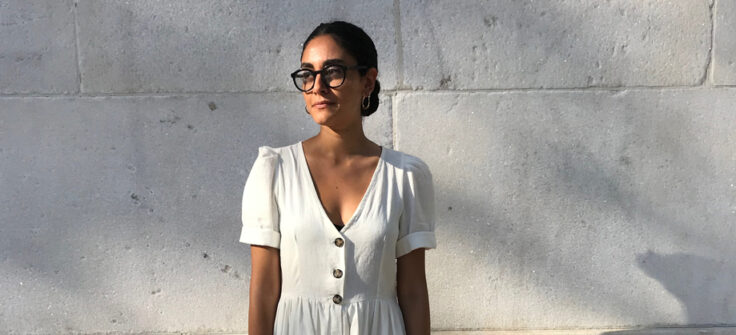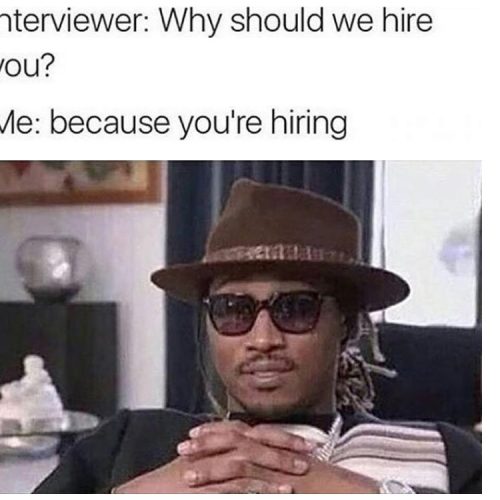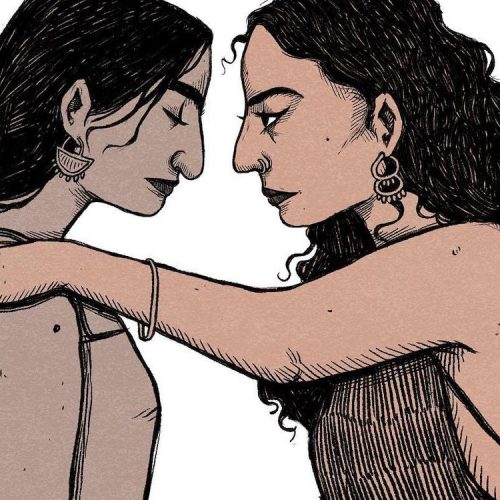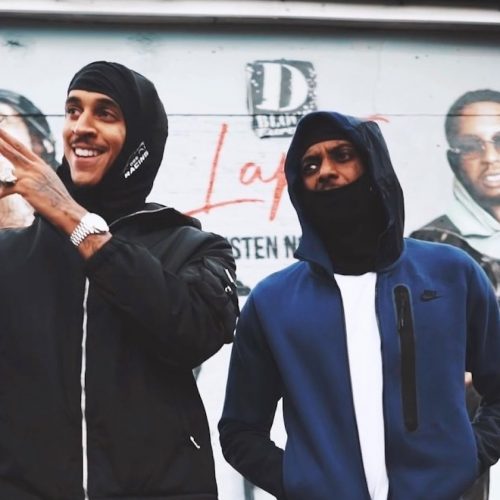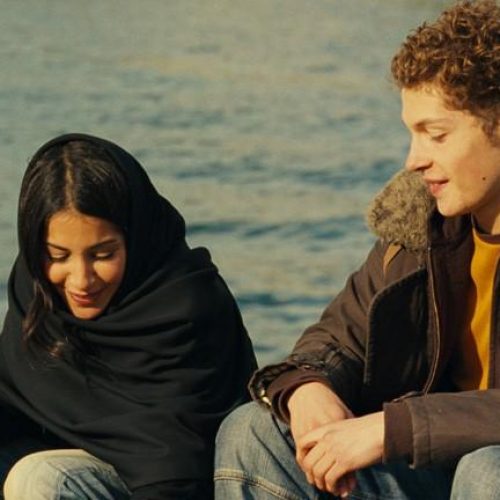The conversation around inclusivity and representation has been at the forefront over the last few years, and thankfully so – it’s been a long time coming. But we’re still a way off where we should be. Although diversity in media is definitely on its way to becoming the norm—thanks to the many advocates and activists who have worked tirelessly to push for it—society isn’t quite there yet.
When it comes to American platforms, one of the key spokespeople for diversity is Hawa Arsala, the curly-haired Afghan force behind Browntourage, a multi-faceted platform and agency that’s petitioned for the better part of the last eight years for the inclusion and representation of people of colour in media.
Browntourage is very much a reactionary project. Frustrated with the lack of representation, and a struggle in finding role models who looked like her, Arsala joined forces with Tonia Beglari to work towards a real change. The duo went on to transform their friendship into a cultural movement, first by curating a Tumblr page featuring the faces of women of colour and eventually going on to launch their very own media agency to advocate for more diversity in entertainment.
They’ve since worked with clients all over the spectrum, from the Brooklyn Museum to Afropunk Festival. Alongside her Browntourage business, Arsala works as creative director and strategist, living up to her mission of pushing inclusivity in all her endeavours.
MILLE caught up with Arsala to talk about the early days of Browntourage, their motivations, and her insights on what brands can do to be more inclusive.
How did the concept for Browntourage come about?
Tonia and I always felt a sense of frustration with the lack of representation in media and role models for people who looked like us and thought like us. We met on an improv and sketch comedy team so we used that background to inform how we approached both content and our practice.
It wasn’t until an encounter with a man who wanted us to be in his “harem” that we responded with the name Browntourage. Tumblr was our playground and the idea was to be a digital/IRL crew that challenged stereotypes and most of all centred on the margins of thought, people and action.
A post shared by Browntourage (@browntourage) on
What was the response like when you first started the project?
The response was extremely supportive and affirming at first, and to this day we still get emails from people who’ve expressed our impact on them either over the years or just discovering and acknowledging our work. It hasn’t been without constantly evolving and editing, but our project is a slow burn.
What’s the main motivation behind the work that you do?
We will have calls with people who try to understand exactly what it is we do: are we a business, an agency, an art project, or maybe a think tank? We approach our work in this space of flexibility because it allows what we do to live beyond institutional boundaries and exist more like a lifestyle or ideology. I think there’s a lot of excitement around what it means to be “diverse” and “inclusive,” and we are seen in that realm but it’s so much more. We’re broadly about how culture is created, manipulated, used as currency, etc.
A post shared by Browntourage (@browntourage) on
What do u think brands can do to become more authentically inclusive?
That’s the million-dollar question. First, I’d encourage those brands to hire me, haha. Inclusion works when diversity of thought is reflected on the internal level as much as the external projection, that’s a given.
But in all honesty, it’s bigger than representation, which is the first battle we’re slowly starting to see make some wins. Consumer consciousness, with the help of the internet, is waking up to what were once invisible modes of brand communication. Ads barraged us from all angles, and now consumers demand a level of accountability and authenticity in that messaging. The first thing brands can do is understand that they aren’t driving the conversation in marketing brainstorms anymore. Their audience commands power in how they are sold to. Culture isn’t created in a closed loop anymore.
Brand therapy should also be a real thing, and some brands are having to confront their existential crises in a real way when call out culture gets the best of them. Be proactive rather than reactive.





